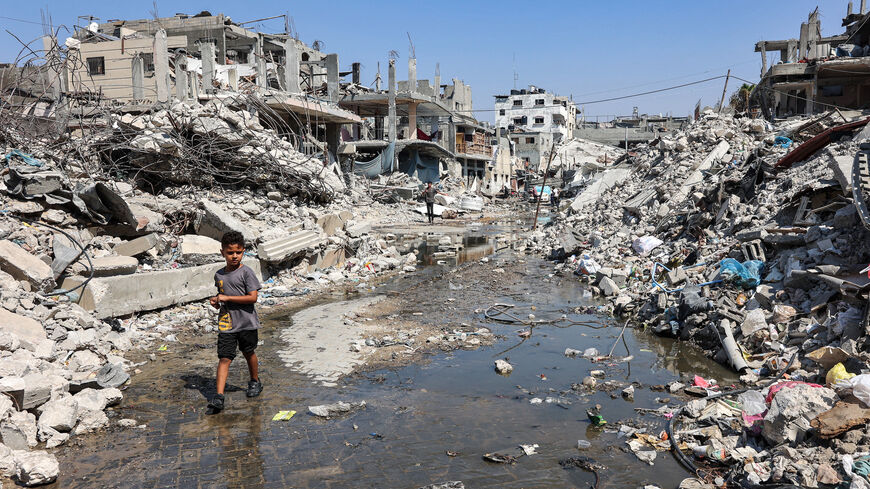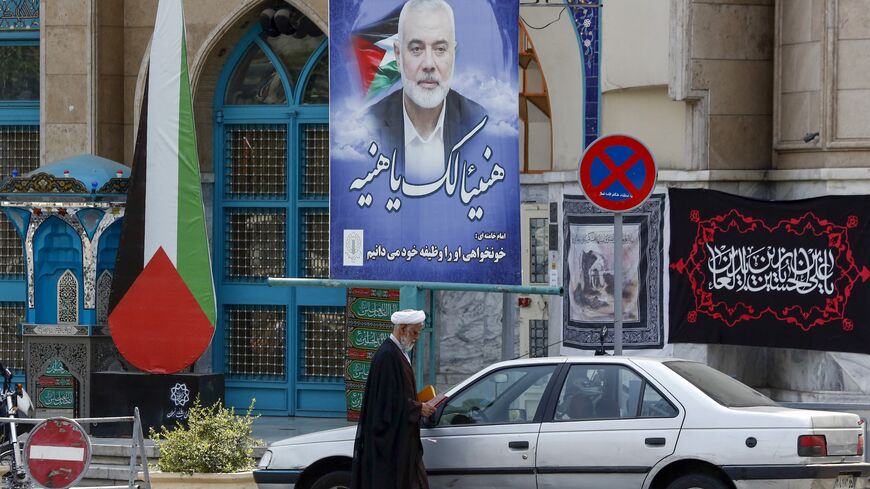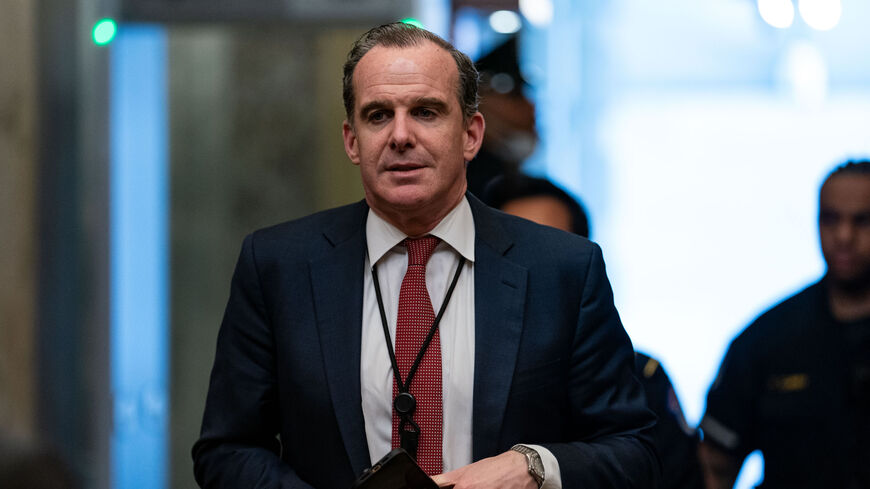US says Iran’s attack on Israel 'could be this week'
With the timing of Iran's attack unclear, the White House says it's preparing for a "significant set of attacks."

WASHINGTON — The White House shares the Israeli government’s assessment that Iran’s retaliatory assault on Israel could come as soon as this week.
Israel is bracing for a possible wide-scale attack by Iran and its proxies following the assassinations nearly two weeks ago of Hamas political leader Ismail Haniyeh and senior Hezbollah commander Fuad Shukr.
White House national security spokesperson John Kirby told reporters Monday that the timing of Iran’s pledged retaliation remains unclear, but it could occur in the coming days.
“It is difficult to ascertain at this particular time, if there is an attack by Iran and or its proxies, what that could look like,” Kirby said. “But we have to be prepared for what could be a significant set of attacks.”
The Pentagon has pledged to help Israel fend off a potential Iranian assault. In a phone call Sunday, Defense Secretary Lloyd Austin told Israeli Defense Minister Yoav Gallant that he had ordered a guided-missile submarine to the Middle East and sped up the arrival of a second aircraft carrier.
Using partner countries as intermediaries, the Biden administration has put indirect pressure on Iran to scale back or call off its planned attack. Similar messaging in April helped avert all-out war. Iran heavily telegraphed its direct drone and missile attack on Israel, which resulted in no deaths and inflicted only limited damage to an air base in the country’s south. A seven-year-old girl was seriously injured.
Earlier on Monday, President Joe Biden discussed the need for de-escalation in a call with his counterparts from the United Kingdom, Germany, France and Italy.
“We called on Iran to stand down its ongoing threats of a military attack against Israel and discussed the serious consequences for regional security should such an attack take place,” the five leaders said in a joint statement.
They also endorsed a call by the United States, Qatar and Egypt last week for Israel and Hamas to return for a final round of negotiations over a cease-fire and hostages deal.
Israel said it would send a delegation to the talks that are scheduled for Aug. 15. Hamas has not committed to attending and instead called on the mediators to submit a cease-fire plan that is based on a previous version. Kirby said the talks, which will take place in Doha or Cairo, would proceed regardless of whether the militant group is represented.
"We're planning on getting together on Thursday, and we believe Hamas ought to be there," he said.
Asked if Tehran would delay its retaliation until after the cease-fire talks, the Iranian Mission to the United Nations told Al-Monitor on Friday that any attack would be conducted in a manner that is “not to the detriment” of a possible Gaza cease-fire. It added that its right to self-defense is “unrelated to the Gaza cease-fire.”
The Health Ministry in Gaza says more than 39,800 people have been killed in the 10-month war. The death toll includes more than 90 people killed in an Israel military airstrike on a school-turned-shelter in eastern Gaza City early Saturday, according to local health authorities.
Israel said Hamas was using the school for military purposes. In a statement Saturday, a US National Security Council spokesperson said the Biden administration was “deeply concerned” by reports of civilian casualties and was “asking for further details” from Israel.








